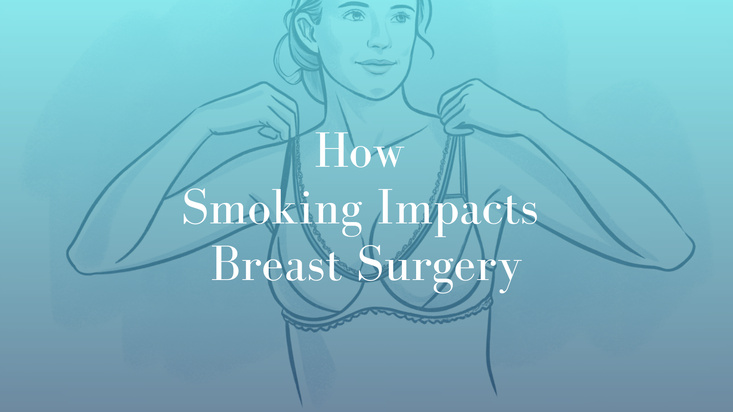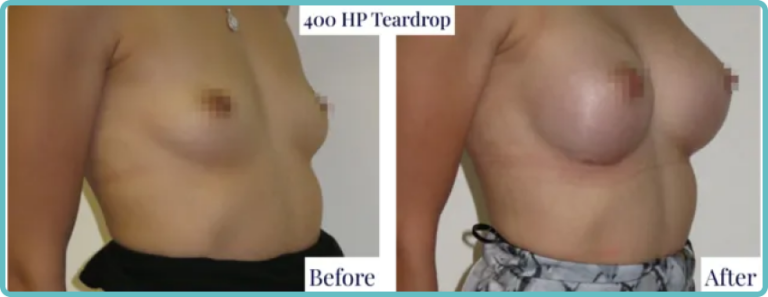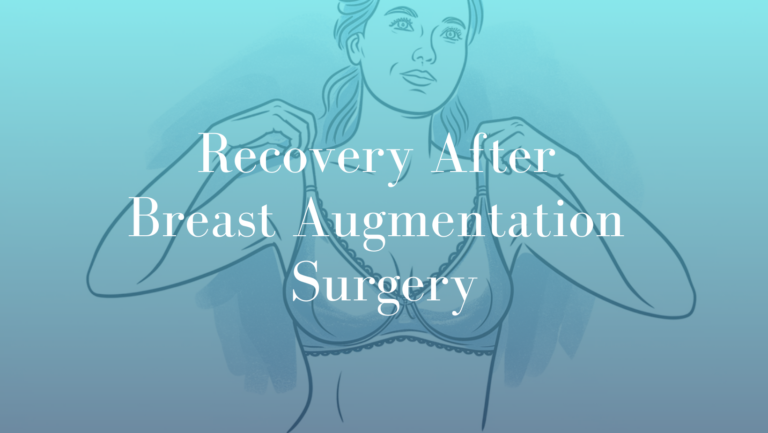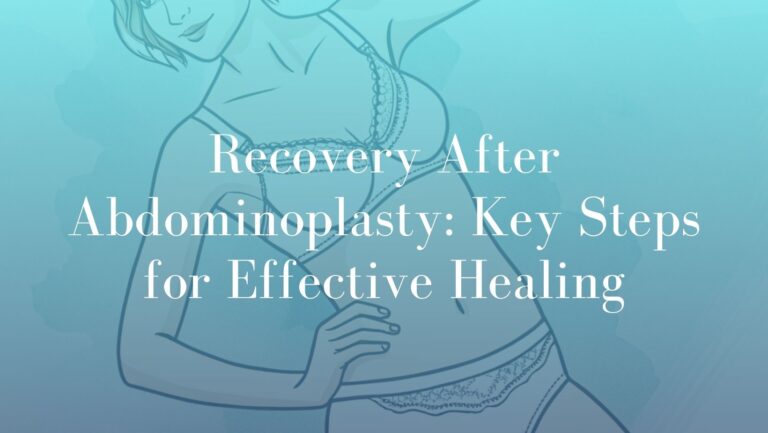
Quit Smoking before Breast Surgery
I often get asked about the impact of smoking on breast procedures. It’s an important topic that every patient considering breast surgery should be aware of. In this blog post, I’ll discuss the effects of smoking on breast surgery and why it’s essential to quit smoking before undergoing any surgical procedure.
Risks of Smoking and Breast Surgery
Smoking is a well-known risk factor for many health problems, including cancer, heart disease, and respiratory issues. However, what many people don’t realise is that smoking can also have a significant impact on the success and recovery of breast surgery. When you smoke, the nicotine and other chemicals in cigarettes constrict your blood vessels, reducing blood flow to your skin and tissues. This can lead to several complications during and after breast surgery, such as:
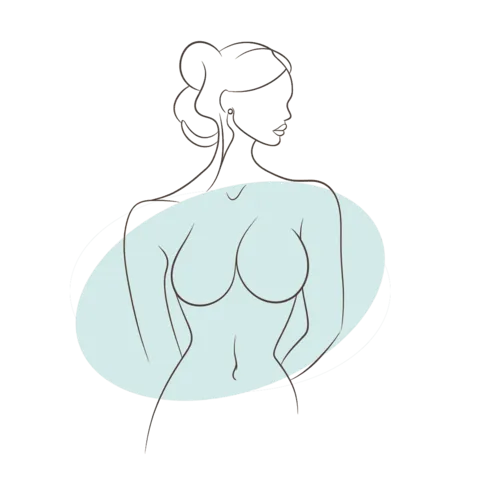
- Delayed wound healing: Smoking can slow down the healing process, making it take longer for your incisions to close and heal properly. It can also result in wound dehiscience (wound opening again after it has closed). This increases the risk of infection, scarring, and other complications.
- Increased risk of infection: Smoking weakens your immune system, making it harder for your body to fight off infections. This can lead to a higher risk of post-operative infections, which can be serious and require additional treatment or even surgery.
- Poor scarring: Smoking can cause your scars to be more noticeable, thicker, and less likely to fade over time. This can be particularly concerning for breast surgery, where the goal is often to achieve a less obvious result.
- Increased risk of complications: Smokers are more likely to experience complications during and after breast surgery, such as bleeding, capsular contracture (hardening of the breast implant), and even necrosis (tissue death) in rare cases.
Impact of Smoking on Different Types of Breast Surgery
When considering breast surgery, whether for augmentation, reduction, or a lift, understanding how smoking affects each specific procedure is essential. Smoking can significantly alter the outcome and recovery process of these surgeries, often resulting in complications that can affect both the results and your overall health. Here’s a detailed look at how smoking impacts each type of breast surgery:
Breast Augmentation (Augmentation Mammoplasty)
Breast augmentation, commonly known as breast enlargement, involves placing implants to increase breast volume and alter shape. Smoking can negatively impact this procedure in several ways:
- Delayed Healing and Complications: Nicotine constricts blood vessels, reducing blood flow to the tissues around the implant. This compromised blood flow can delay healing of the incision sites, increasing the risk of infection and complications such as wound dehiscence (opening of the surgical wound).
- Implant Position and Aesthetics: Smoking can lead to poor tissue oxygenation, which may affect how well the implant settles into place. This can result in an unnatural appearance or even asymmetry. Additionally, the reduced blood flow may hinder the body’s ability to properly integrate the implant with surrounding tissues, impacting the final aesthetic outcome.
- Increased Risk of Reoperation: Due to the higher likelihood of complications such as infection or implant-related issues, smokers may face a greater chance of needing reoperation. This not only increases the risk of additional health problems but also extends the recovery time and overall cost of the procedure.
Breast Implants & Enlargement Before and After Images
Photo disclaimer: Each surgical procedure produces unique outcomes influenced by factors such as body composition, skin tone, laxity, age, and genetics. The before-and-after photographs displayed are of actual patients and are provided for informational purposes only. These outcomes are specific to the individuals shown and may not be representative of all patients. Surgical procedures carry risks, and results may vary. A consultation with your surgeon will provide more personalised information about potential outcomes and risks.
Breast Reduction (Reduction Mammoplasty)
Breast reduction surgery aims to reduce breast size and reshape the breasts to alleviate discomfort and address proportion. The effects of smoking on this procedure are particularly notable:
- Wound Healing and Scarring: Smoking impairs blood flow and oxygen delivery to the skin and underlying tissues, which can significantly delay wound healing after breast reduction. This results in a higher risk of prolonged recovery, increased scarring, and potential wound complications, like dehiscience. The quality of scarring is especially important in breast reduction, where multiple incisions are made to remove excess tissue and reshape the breasts.
- Tissue Viability and Necrosis: The reduced blood supply due to smoking can also compromise tissue viability, leading to a risk of necrosis (tissue death). In breast reduction, this can manifest as areas of skin that do not heal properly, which might require additional surgical interventions to correct or remove necrotic tissue.
- Altered Results: Smoking can affect the final shape and proportion of the reduced breasts. Poor healing and tissue damage can lead to uneven results or asymmetry, detracting from the goals of the surgery. The risk of skin necrosis and delayed healing can also impact the final contour and overall satisfaction with the results.
Breast Lift (Mastopexy)
A breast lift involves lifting and reshaping breasts affected by breast ptosis. Smoking has distinct effects on this procedure:
- Healing of Incision Sites: Similar to breast augmentation and reduction, smoking impairs blood flow and delays healing of the incision sites. Since a breast lift involves multiple incisions to reposition the breast tissue, the impact of smoking can be more pronounced, leading to a higher risk of complications such as infection, wound dehiscence, or delayed wound closure.
- Skin Elasticity and Firmness: Smoking affects skin elasticity and firmness, which is critical for maintaining the results of a breast lift. The degradation of collagen and elastin fibres due to smoking can lead to less durable and shorter-lasting results, as the skin may not hold the new shape as well. This can cause the breasts to fall prematurely, negating the benefits of the lift.
- Results: The compromised skin health and delayed healing associated with smoking can lead to uneven or unsatisfactory results. The risk of poor scarring and changes in skin texture can also affect the overall appearance of the lifted breasts, impacting the outcome.
How Smoking Affects Skin Health
Smoking has a profound impact on skin health, which can significantly influence surgical outcomes and recovery. Understanding these effects is essential for anyone considering breast surgery, as the condition of your skin plays a critical role in the success of the procedure.
Effects on Skin Elasticity
- Collagen and Elastin Breakdown: Smoking accelerates the breakdown of collagen and elastin, essential proteins that maintain skin elasticity and firmness. Collagen provides structural support to the skin, while elastin allows it to stretch and return to its original shape. The degradation of these proteins leads to skin that is less resilient and more prone to ptosis (sagging) and wrinkling. This can adversely affect surgical outcomes, as less elastic skin may not conform to the new shape as effectively.
- Premature Ageing: Smokers often experience premature skin laxity, characterised by wrinkles and fine lines. This ageing effect can exacerbate the appearance of scars and may influence how well the skin adapts to the changes made during surgery. For breast surgeries, this means that the skin may not heal as smoothly or maintain its new shape as well as it would in a non-smoker.
Impact on Skin Appearance
- Dullness and Discolouration: Smoking reduces blood flow to the skin, leading to a dull, sallow complexion. Additionally, smoking can cause uneven skin tone and pigmentation issues, which may affect the overall appearance of surgical scars and the skin around the surgical site.
- Increased Risk of Scarring: The impaired healing process due to smoking can result in more noticeable, thicker, and more prominent scars. The reduced blood flow and compromised skin repair mechanisms make it harder for the skin to heal in a way that supports scarring.
Overall Health Implications
- Weakened Immune Response: Smoking weakens the immune system, making it more difficult for the body to repair itself after surgery. This impaired immune response can contribute to slower healing times, increased susceptibility to infections, and a higher risk of complications. A compromised immune system also affects the skin’s ability to recover and regenerate, further impacting the success of the surgery.
- Increased Risk of Surgical Complications: The combined effects of reduced blood flow, collagen breakdown, and weakened immune response mean that smokers are at a higher risk for various surgical complications. These can include infection, delayed wound healing, and poor aesthetic outcomes. For breast surgeries, where skin health and healing are essential, the negative impacts of smoking can be particularly detrimental.
Benefits of Quitting Smoking before Breast Surgery
Given the risks associated with smoking and breast surgery, it’s important to quit smoking at least 4-6 weeks before your procedure. This allows your body time to heal and recover from the effects of smoking, reducing the risk of complications and improving your overall surgical outcome. Some of the benefits of quitting smoking before breast surgery include:
- Improved healing: When you quit smoking, your blood vessels can dilate properly, allowing more oxygen and nutrients to reach your healing tissues. This can speed up the healing process and reduce the risk of complications.
- Lower risk of infection: Quitting smoking helps boost your immune system, making it easier for your body to fight off infections and heal properly after surgery.
- Better scarring: Non-smokers tend to have less noticeable, thinner scars that fade more easily over time. This can be especially important for breast surgery, where the goal is to achieve a natural result.
- Improved overall health: Quitting smoking not only benefits your breast surgery but also improves your overall health. You’ll breathe easier, have more energy, and reduce your risk of developing smoking-related health problems in the future.
Tips for Quitting Smoking before Breast Surgery
Quitting smoking can be challenging, but it’s one of the best things you can do for your health and the success of your breast surgery. Here are some tips to help you quit smoking before your procedure:
- Set a quit date: Choose a date to quit smoking and stick to it. It’s best to quit at least 4-6 weeks before your surgery to allow your body time to heal and recover.
- Get support: Quitting smoking is easier with support from family, friends, or a professional support group. Consider joining a smoking cessation program or working with a counsellor to help you quit.
- Find healthy distractions: When you feel the urge to smoke, try to distract yourself with a healthy activity, such as going for a walk, reading a book, or practicing deep breathing exercises.
- Celebrate your progress: Quitting smoking is a significant accomplishment, and it’s essential to celebrate your progress along the way. Treat yourself to a reward for each milestone you reach, such as being smoke-free for a week or a month.
FAQs about Smoking and Breast Surgery
How does smoking affect breast surgery recovery time?
Smoking can significantly prolong recovery time after breast surgery. The reduced blood flow and impaired healing processes caused by smoking can slow down tissue repair and increase the risk of complications, which may extend the time needed for full recovery. Non-smokers typically experience a less eventful recovery process due to better oxygenation and nutrient delivery to healing tissues.
Are there any specific supplements or medications that can help mitigate the risks of smoking for someone undergoing breast surgery?
While there are no supplements or medications that can completely counteract the risks associated with smoking, certain vitamins and minerals, such as Vitamin C, Vitamin E, and Zinc, may support wound healing and overall skin health. However, the best approach is to quit smoking entirely. Always consult with your surgeon or healthcare provider before taking any supplements or medications to ensure they are appropriate for your specific situation.
What are the signs of complications related to smoking after breast surgery, and when should I seek medical attention?
Signs of complications related to smoking after breast surgery may include severe pain, excessive swelling, redness, unusual discharge from the incision sites, or a fever. If you experience any of these symptoms, it’s important to contact Dr Kohout or healthcare provider immediately. Prompt medical attention can help address complications early and reduce the risk of more serious issues.
If I quit smoking after my breast surgery, how long will it take for the benefits to be noticeable?
Quitting smoking after breast surgery will still benefit your healing process and overall health, although the immediate impact might be less pronounced compared to quitting before the surgery. Improvements in blood flow, reduced risk of infection, and better skin health can be observed within a few weeks to months. It’s important to maintain a smoke-free lifestyle to continue supporting your recovery and long-term health.
Medical References about Smoking and Breast Surgery
- Smoking is a predictor of complications in all types of surgery
- Smoking as a risk factor for breast reduction
- Smoking as a Risk Factor for Surgical Site Complications in Implant-Based Breast Surgery
- Smoking increases the risk of postoperative wound complications
- A Procedure and Complication-Specific Assessment of Smoking in Aesthetic Surgery: A Systematic Review and Meta-Analysis
Further Reading about Breast Surgery with Sydney Specialist Plastic Surgeon Dr Mark Kohout
- Read Dr Mark Kohout’s Procedure Page on Breast Surgery Procedures
- Read Dr Mark Kohout’s Resource Page on Preparing for Surgery
Related Blog Posts
Recovery After Breast Augmentation Surgery
Healing and Recovery After Breast Augmentation: Timeline and Tips Dr Mark Kohout is a well regarded plastic surgeon with extensive experience in breast augmentation and a deep understanding of the human…
Why You Need to Stop Smoking…
Why It Is Important to Stop Smoking Before Your Plastic Surgery Procedures If you are considering plastic surgery, there’s several important steps you need to take to optimise not only…
Healing After Abdominoplasty: Key Steps for…
Recovery after abdominoplasty is a critical phase that significantly influences the final results of your surgery. Abdominoplasty, commonly referred to as a tummy tuck, is a cosmetic procedure designed to alter the abdomen’s…
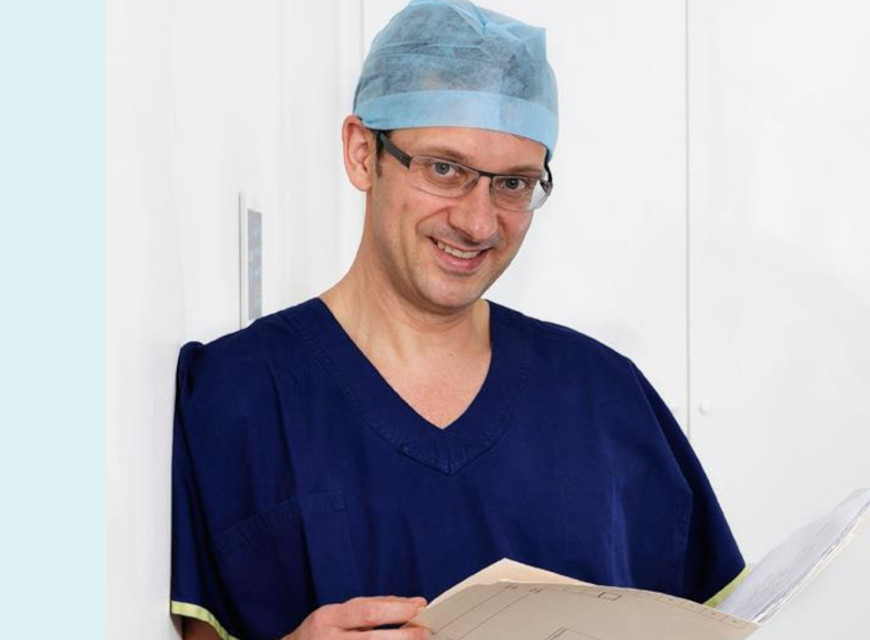
Experienced Plastic Surgeon
Dr. Mark Kohout
A qualified plastic surgeon who operates with care and integrity, based in central Sydney with over 20 years of experience in the cosmetic field. His extensive training and experience assures patients they are in highly trained surgical hands. Dr. Kohout is a dedicated, friendly professional who is committed to providing the high quality care, support and results, alongside his compassionate team.
Dr Mark Kohout (MED0001133000)
Specialist Plastic Surgeon
Specialist registration in Surgery – Plastic Surgery

